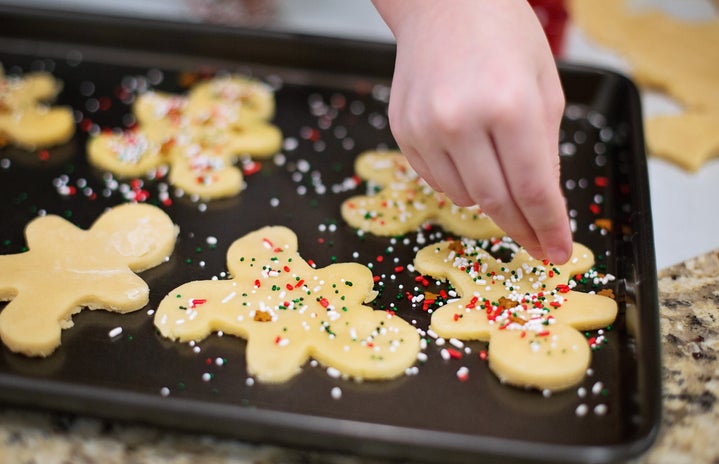China is well-known for cultural diversity. People in China celebrate various festivals originated from different cultures. Here is a sneak peek of four distinguished celebrations!
Christmas
People in urban areas embrace this celebration from the West. As there are some churches in my hometown, during the holiday season, they are decorated, and banners with phrases like “God loves you” are displayed. Young generations are familiar with Christmas activities. Shopping malls offer big discounts. One of the common gifts is apples pingguo, which sound similar to Christmas Eve pingan ye in Chinese.
Dragon Boat Festival
This traditional festival occurs on the fifth day of the fifth month of the lunisolar calendar, so its alternative name is the Double Fifth Festival. There are several interpretations: to commemorate the death of a patriotic poet, to honor a loyal politician, and to remember filial piety. Activities of this public holiday include dragon boat racing, eating sticky rice dumplings zongzi, and making realgar wine.
Water-Splashing Festival
This festival is the most attended minority festival in southwestern China. It usually occurs in mid-April. Dai people will dress themselves in costumes and splash clean water to each other for blessings. The celebration is a highlight in tourism of the region.
Double Eleven Day
Born as college students’ anti-lovers festival in 1990s, November 11 grows into a nationwide e-commerce frenzy and the biggest online shopping carnival in the world. Starting from midnight, countless customers will click on the check-out button to buy their favorites at incredibly low prices. Double Eleven Day goes beyond shopping. In 2017, Alibaba Group, the e-commerce giant that copyrighted the festival, held a lavish gala featuring Nicole Kidman and hit a record of $25 billion in one day. The extravaganza also leads to environmental issues associated with packages and shopaholic concerns.
The above four derive from foreign countries, historical events, minority cultures, and economic developments. Origins of celebrations vary, but joy is universal!


